An Introverted Retirement
There are a lot of introverts in the world, and they retire.
I’m one of them, though I just figured out I am an introvert.
There are a ton of implications if you are an introvert and retired. But it comes down to quality over quantity. Let’s explore.
What is an Introvert?
About 1/3rd of people have more introverted than extroverted tendencies. But unfortunately, the world belongs to extroverts, so it is not uncommon to find an introvert who succeeds in the extroverted workplace. And eventually, they retire and, with some more time on their hands, discover that retirement for introverts can be rewarding, pleasurable, and fun.
The key is to set up your time correctly.
Time for Introverts
Time is either slow when overthinking or fast when you live the days on autopilot.
For the reasons described below, introverts need to plan time to take care of themselves. Since the characteristic that defines an introvert is their need to be alone to recharge, taking care of themselves means being alone.
This is key for an introvert: it is ok to be alone. There is no loneliness felt when introverts are alone. As long as the time is spent on the self, we can do just fine in the extrovert’s world.
Not only is it ok to be alone, but introverts also have other reasons to want to recharge in private.
As retirement is a transition, and transitions are marred by a paucity of opportunities for social interaction, it is important to recharge to get out and about when you choose and when serendipity strikes. As long as you put a time limit on the most chaos-inducing events and have an escape mechanism like your own ride, it is ok to shine when you are out and about.
Not only that, but you can also be yourself! Don’t pay attention to the self-critical voice in your head. Don’t let a comment dropped by an insensitive unempathetic extrovert (my look who is judgemental today) force you to react. Instead, feel it. Get curious. Breathe. Respond. Don’t get rude just because they have already interrupted you six times.
While some fear the loss of work companionship that retirement brings, the introvert is often happy to leave the constant bombardment of people. But, as connection is so important even to introverts, scheduling yourself for at least a few activities a week is optimal. On the other hand, don’t wait so long between interpersonal contact that is mutually self-affirming such that you start to feel too down on yourself.
Get outside and get exercise. Get it on your terms. Make this your best decade yet.
Retirement Schedule for Introverts
So, you got your time. Don’t mind large open chunks on your calendar if you recharge during that time.
Then, intentionally schedule social events and outside or exercise time. Don’t feel guilty saying no to things you don’t want to do in favor of more time doing what you enjoy.
Introverts need never feel guilty. Have a short-term purpose to add value to your interactions and know worst-come-to-worst you can get out of there after a few hours or drinks. It is ok not to be the last home because you’d rather be reading a book.
Instead, have a curious mindset. You already have it in books or whatever floats your boat when you are alone (talking to you creative folks now), be grateful that you have the time to be in the moment and feel your art.
Be flexible, as no week will be like the last, but make sure you do new things daily. Don’t get stuck in a rut. They can even be stuff that you used to do that worked better. So no Judgement; just do a little better every day.
Introvert Retirement: Quality over Quantity
When it comes down to it, the introverted retiree focus on the quality of relationships rather than quantity. And think about quality activities that you enjoy, and do them. What external goals (which used to be called success in the dog-eat-dog world) do you have that will be fulfilling? It is ok to seek fulfillment, not because it is on the top of Maslow’s Hierarchy, but rather because it is a moral imperative to be happy.
Being happy is a choice and hard work. But what is the alternative?
When it comes to quality time, be it alone or with friends, to the introvert, quality is more important than quantity.
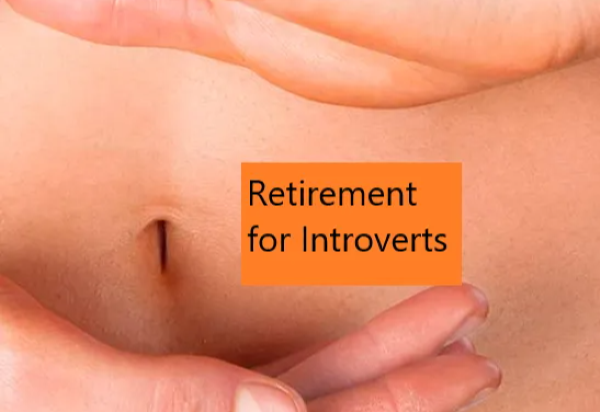


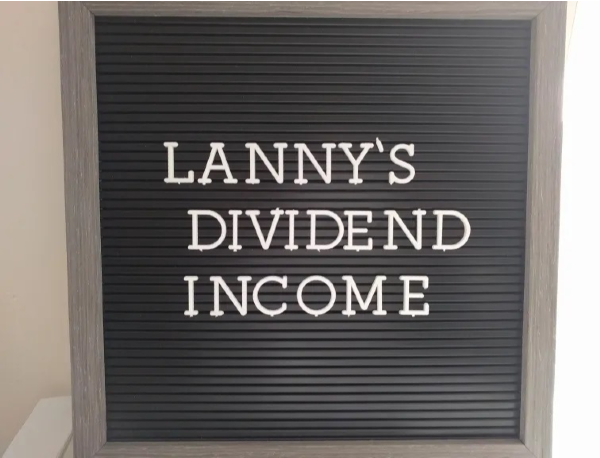

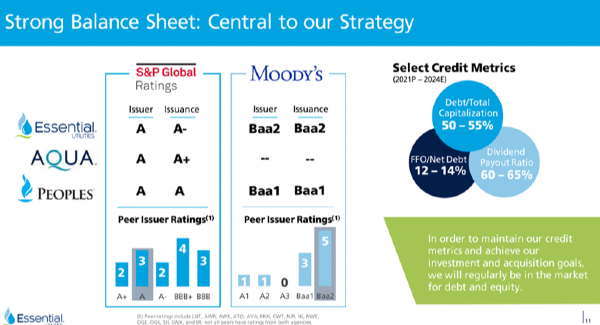







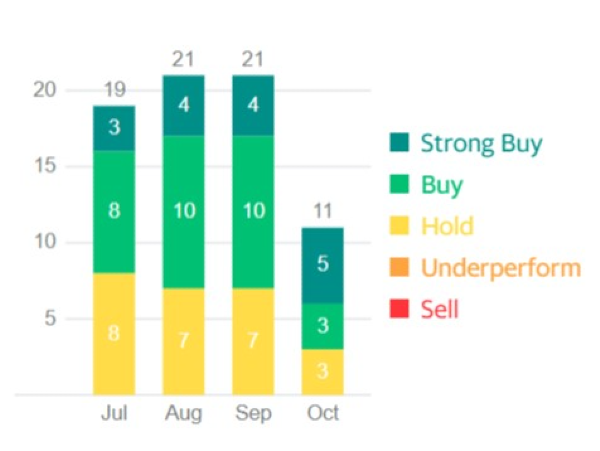




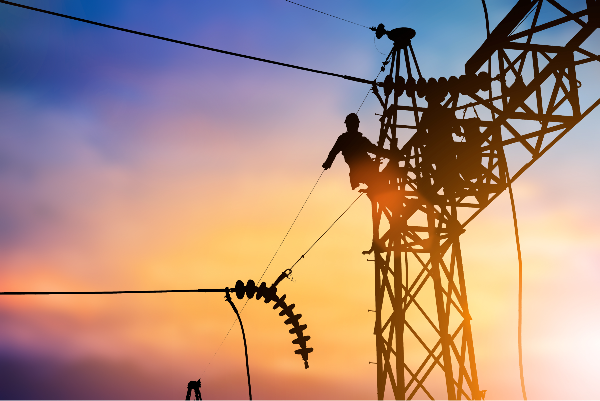









An Introverted Retirement
There are a lot of introverts in the world, and they retire.
I’m one of them, though I just figured out I am an introvert.
There are a ton of implications if you are an introvert and retired. But it comes down to quality over quantity. Let’s explore.
What is an Introvert?
About 1/3rd of people have more introverted than extroverted tendencies. But unfortunately, the world belongs to extroverts, so it is not uncommon to find an introvert who succeeds in the extroverted workplace. And eventually, they retire and, with some more time on their hands, discover that retirement for introverts can be rewarding, pleasurable, and fun.
The key is to set up your time correctly.
Time for Introverts
Time is either slow when overthinking or fast when you live the days on autopilot.
For the reasons described below, introverts need to plan time to take care of themselves. Since the characteristic that defines an introvert is their need to be alone to recharge, taking care of themselves means being alone.
This is key for an introvert: it is ok to be alone. There is no loneliness felt when introverts are alone. As long as the time is spent on the self, we can do just fine in the extrovert’s world.
Not only is it ok to be alone, but introverts also have other reasons to want to recharge in private.
As retirement is a transition, and transitions are marred by a paucity of opportunities for social interaction, it is important to recharge to get out and about when you choose and when serendipity strikes. As long as you put a time limit on the most chaos-inducing events and have an escape mechanism like your own ride, it is ok to shine when you are out and about.
Not only that, but you can also be yourself! Don’t pay attention to the self-critical voice in your head. Don’t let a comment dropped by an insensitive unempathetic extrovert (my look who is judgemental today) force you to react. Instead, feel it. Get curious. Breathe. Respond. Don’t get rude just because they have already interrupted you six times.
While some fear the loss of work companionship that retirement brings, the introvert is often happy to leave the constant bombardment of people. But, as connection is so important even to introverts, scheduling yourself for at least a few activities a week is optimal. On the other hand, don’t wait so long between interpersonal contact that is mutually self-affirming such that you start to feel too down on yourself.
Get outside and get exercise. Get it on your terms. Make this your best decade yet.
Retirement Schedule for Introverts
So, you got your time. Don’t mind large open chunks on your calendar if you recharge during that time.
Then, intentionally schedule social events and outside or exercise time. Don’t feel guilty saying no to things you don’t want to do in favor of more time doing what you enjoy.
Introverts need never feel guilty. Have a short-term purpose to add value to your interactions and know worst-come-to-worst you can get out of there after a few hours or drinks. It is ok not to be the last home because you’d rather be reading a book.
Instead, have a curious mindset. You already have it in books or whatever floats your boat when you are alone (talking to you creative folks now), be grateful that you have the time to be in the moment and feel your art.
Be flexible, as no week will be like the last, but make sure you do new things daily. Don’t get stuck in a rut. They can even be stuff that you used to do that worked better. So no Judgement; just do a little better every day.
Introvert Retirement: Quality over Quantity
When it comes down to it, the introverted retiree focus on the quality of relationships rather than quantity. And think about quality activities that you enjoy, and do them. What external goals (which used to be called success in the dog-eat-dog world) do you have that will be fulfilling? It is ok to seek fulfillment, not because it is on the top of Maslow’s Hierarchy, but rather because it is a moral imperative to be happy.
Being happy is a choice and hard work. But what is the alternative?
When it comes to quality time, be it alone or with friends, to the introvert, quality is more important than quantity.
Posted in Retirement.
Originally Posted in FiPhysician